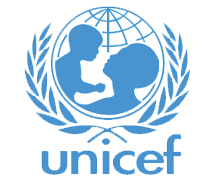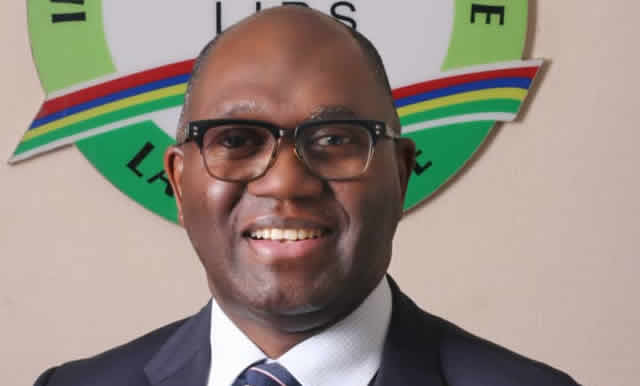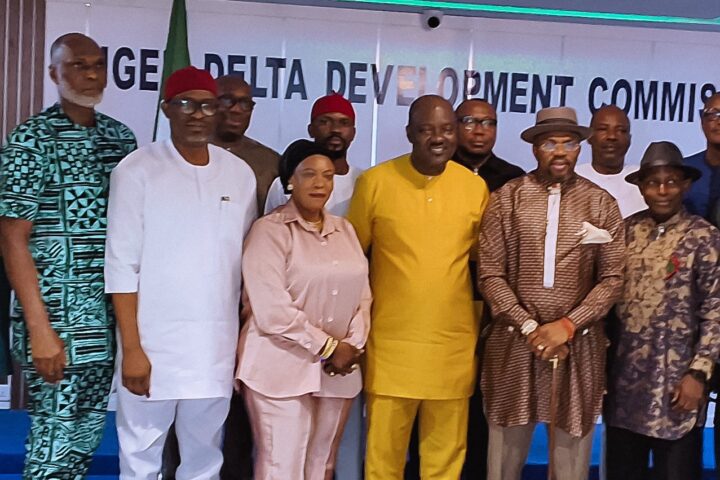
Violence is perpetrated against one in four Nigerian children and one in three Nigerian girls are sexually abused,the United Nations Children Education Fund’s Country Director, Peter Hawkins has said.
Hawkins,who spoke in commemoration of this year’s Children’s Day, noted that the malaise has only increased during the pandemic and threatened the rights of Nigerian children.
He noted that this year’s celebration comes at a challenging moment for child rights in the country and the world, with the COVID-19 pandemic threatening gains made for children’s development.”
According to him:“It has been a challenging year for us all with the COVID-19 pandemic – not least of all, Nigeria’s children – and I want to commend efforts at all levels of Nigerian government and society to protect education, health, and protection services in response to the impact of the COVID-19 pandemic on children.As we rightfully celebrate Nigerian children today, let us also remember that the COVID-19 crisis has been a child rights crisis – in Nigeria and around the world.”
He lamented the rising poverty and inequality in the country, adding the pandemic has often disrupted the essential services that secure the health, education and protection of children and young people.
He noted that the longer the pandemic goes on, the more intense the impact on women and children.
He emphasized the need for the protection of the child rights in the country amid the COVID-19 disruptions in socio-economic activities.
He said:”On this Nigerian Children’s Day, let us all agree that we cannot let one crisis compound another.The pandemic is threatening decades of progress we have made for children. Today of all days, we must commit to reinforce the protection mechanisms for all children.
“But we have learned from this pandemic too. One thing we have learned is that education takes place not only in schools – children can and should learn both in and out of school. A learning continuum is critical, so that all children continue to get an education irrespective of their situation, location, or the pandemic.
“Nigerian children are resilient, talented and aspire to do great things. And it is our responsibility to give them the platform and encouragement to do just that. “We know that protecting children and investing in women and families is not only the right thing to do – it has proven to be a sound economic choice and a cost-effective tool for national development. As we celebrate our children today, we must act in their best interests and deploy innovative solutions to fast-track learning and health services to build back better, for every Nigerian child.”
















